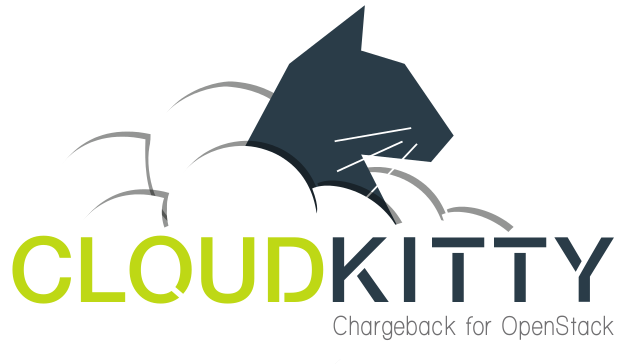Most constraint where unnamed in CloudKitty, mainly because the default naming convention doesn't do so. Since most primary key and unique are automatically defined by attributes on a column you can't directly specify a name. We've defined a naming convention in a base model to ensure new tables are created with constraint having sensible names. This still won't fix Alembic SQLite migrations that can't reproduce the ON DELETE attribute of the ForeignKey. Creating all sorts of bugs with delete recursivity. Change-Id: I5f0cc1771082e4c53ad678d94fdf68af1323050d |
||
|---|---|---|
| cloudkitty | ||
| contrib | ||
| devstack | ||
| doc | ||
| etc | ||
| .gitignore | ||
| .gitreview | ||
| .testr.conf | ||
| LICENSE | ||
| README.rst | ||
| requirements.txt | ||
| rtd-requirements.txt | ||
| setup.cfg | ||
| setup.py | ||
| test-requirements.txt | ||
| tox.ini | ||
CloudKitty
Rating as a Service component
Goal
CloudKitty aims at filling the gap between metrics collection systems like ceilometer and a billing system.
Every metrics are collected, aggregated and processed through different rating modules. You can then query CloudKitty's storage to retrieve processed data and easily generate reports.
Most parts of CloudKitty are modular so you can easily extend the base code to address your particular use case.
You can find more information on its architecture in the documentation, architecture section.
Status
CloudKitty has been successfully deployed in production on different OpenStack systems.
You can find the latest documentation on readthedocs.
Contributing
We are welcoming new contributors, if you've got new ideas, suggestions or want to contribute contact us.
You can reach us thought IRC (#cloudkitty @freenode.net), or on the official OpenStack mailing list openstack-dev@lists.openstack.org.
A launchpad is available if you need to report bugs.
Additional components
We're providing an OpenStack dashboard (Horizon) integration, you can find the files in the cloudkitty-dashboard repository.
A CLI is available too in the python-cloudkittyclient repository.
Trying it
CloudKitty can be deployed with devstack, more information can be found in the devstack section of the documentation.
Deploying it in production
CloudKitty can be deployed in production on OpenStack Kilo environments, for more information check the installation section of the documentation. Due to oslo libraires new namespace backward compatibility is not possible. If you want to install it on an older system, use a virtualenv.
